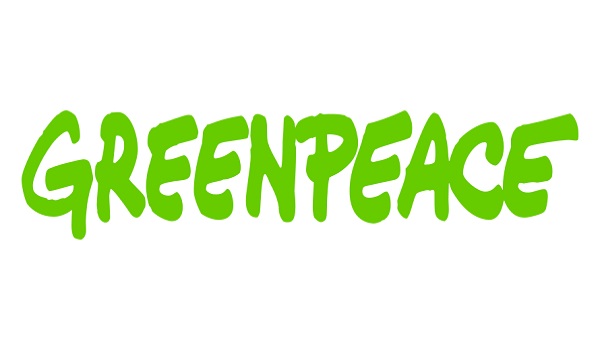
Greenpeace Luxembourg has condemned the perceived failure of European Union (EU) leaders to exclude access to stimulus funds for polluting companies.
The criticism follows the recent EU Summit in which the 27 Member States agreed on a €750 billion economic recovery plan in light of the COVID-19 pandemic. Greenpeace noted that EU Member States failed on this occasion to seize the opportunity for a "fair and green recovery".
According to Frank Thinnes, Climate and Energy Campaigner for Greenpeace Luxembourg: "European governments have said they want to put in place an ecological recovery plan to fight the COVID-19 pandemic. But the one that has just been proposed is neither fair nor green, because polluting industries will continue to benefit from public money. This means that any good investment could be neutralised by supporting archaic industries. A real recovery requires a paradigm shift and a strengthening of our democracies in all areas. Our governments have not yet had the audacity to agree to a better reconstruction and to make our economies greener, more equitable and more resistant to future crises".
The stimulus package agreement calls for 30% of all spending to be spent on measures to tackle climate change. However, environmental movements have signaled that without an exclusion list guaranteeing exclusion from access to funds for polluting industries, public money would continue to support climate-damaging companies.
The agreement also cut funding proposed by the European Commission for health, research and the Just Transition Fund. Greenpeace noted that EU leaders could only agree on one point: access to half of the €17.5 billion in the Just Transition Fund will depend on support for the EU's climate neutrality target for 2050 .
In addition, the agreement stipulated that the funds must align with the European Green Deal, as well as the new EU climate targets for 2030 and 2050. The NGO argued, however, that the proposed climate target for 2030, which is 50 to 55%, is neither in line with the Paris Climate Agreement nor efforts to limit global warming to 1.5 °C.
The European Parliament will have to approve the bulk of the project and then work out the details with national governments over the coming months. Greenpeace explained that prominent MEPs from five political groups (including the European People's Party, the Progressive Alliance of Socialists and Democrats, the Greens and the European United Left/Nordic Green Left) believe the recovery plan should be linked the EU's climate goals, the so-called "no-harm" principle and its taxonomy of ecological finance, i.e. its regulation on sustainable finance.
The NGO added that a recent study on stimulus fund spending of the richest governments in the energy sector showed that Germany, France and Italy squandered nearly €40 billion on fossil fuels, compared to €29 billion injected into sustainable energies.
Greenpeace has defined three fundamental tests (Is it future-proof? Does it provide for everyone? Does it safeguard fundamental rights?) which make it possible to assess the capacity of the EU recovery plan to lead the bloc towards an equitable and ecological recovery - or to define whether it is content to endorse the current economic system which is dependent on fossil fuels and is a producer of waste disguised behind "a green varnish".








